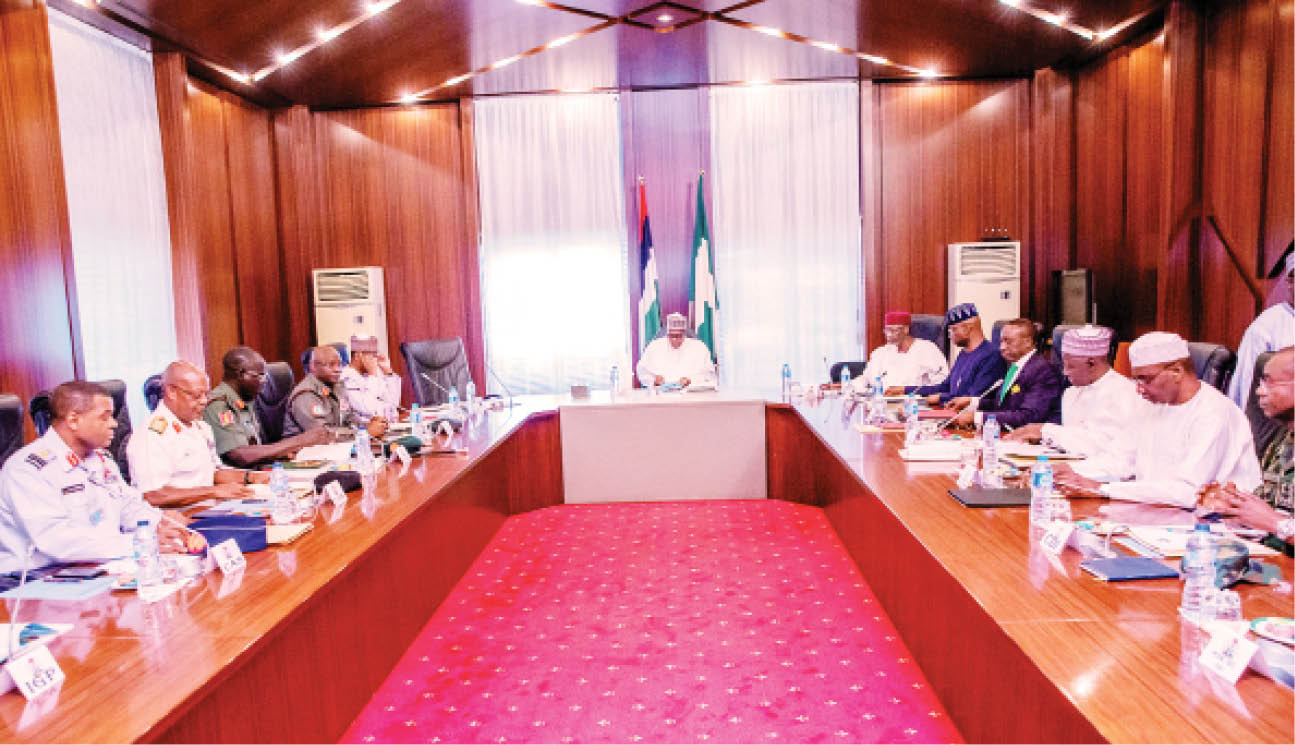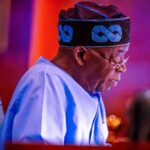To whom much is given, much is expected” is a universal maxim. The Bible in the third of the four canonical gospels; Luke 12:48 affirmed it. By Section 130 (1) and (2) of the 1999 Constitution of the Federal Republic of Nigeria as amended, which established the office of President, the first mandate given to President Muhammadu Buhari in 2015 expires on 29 May, 2019. Since Section 135 (1); “Subject to the provisions of this Constitution, a person shall hold the office of President until – (a) when his successor in office takes the oath of that office”, forbids a vacuum, President Buhari having been declared the winner of the 23 February – presidential poll will on May 29, once again take the oath of office for the next political dispensation lapsing in 2023.
Amidst his campaign, President Buhari launched the ‘Next level’ with litany of stunning packages, principally, consolidation of his groundbreaking policies for evaluation. From the policy directions, ‘Change’ is deductively, necessarily a strategic precursor to Next level. Hence, by the umpire’s verdict, the deal is impliedly sealed. All things being equal, the people should be reveling Buhari with accolades at the end of his second term. Therefore, not only will improvements be perceptively made, they should manifestly, be felt by the masses. Above all, the nation’s supposed status as the ‘giant of Africa’ must observably be actualized. And this time; not just by numerical strength but economic empowerment, developments and significant attainments. Categorically, Buhari’s manifesto unambiguously, expansively captioned economy, education, infrastructure, health and social investment programmes, hence, their facelifts in terms of service delivery – nonnegotiable.
Essentially, the Executive Order 7 of 2019 recently signed for unparalleled strides in infrastructural developments should gather momentum after inauguration. Possibly, the merged ministries positioned under a minister during the economic recession may have to be unbundled having prudently exited the economic crisis to enable more capable hands come on board. This will also reduce workloads on the minister sensing that the innovative policy will likely stimulate economic and government activities making it burdensome for a minister to effectively coordinate multiple ministries synchronously. By the strategic policy remarkably unveiled by Buhari’s administration, numerous projects foreseeingly, will simultaneously be in progress across the nation unlike the existing ‘slow-motion’ system.
Before I forget, amongst major tasks that demand taking the bull by the horns is slashing of outrageous allowances in the National Assembly. It is unreasonable, imprudent and exploitative for a lawmaker to collect a monthly running cost of N13.5million amidst agonizing unemployment ratio and hardships in the society. Sensibly, there’s no basis for a legislator to earn more remunerations than professors, Permanent secretaries or ministers let alone the inexplicably additional monthly-running costs. All the electoral malpractices and violence leading to scores of deaths of citizens are traceable to excessively attractive financial benefits attached to political offices. Unconsciously, it has gotten to the point that not one person enthusiastically wants to return to primary vocation after partaking in the outrageous packages.
Again, Section 14(2)(b) supra emphatically provides that “Security and welfare of the people shall be the primary purpose of government”. Unfortunately, the masses interests clearly, have never been a priority in the country. Instead, masses are usually more or less like abandoned properties but only treasured during elections by the political class either for lawful franchise or thuggery. Hence, in orchestrating the ‘Next level’ programmes, federal government should encouragingly create meaningful pragmatic schemes for economic empowerment of the masses especially youths vis-à-vis nation’s revenue generation on booster dose through its commendably proactive policies. For securitization, in fact, any poll that must necessarily gather the public at designated locations without adequate security personnel for safety of the vulnerable population is not only antediluvian but a threat to security of lives.
As preventive measures on hostility and violence during general elections which is on the increase, the government should plan to migrate to digital voting system in conventionality with other countries. If not, the ugly situation may worsen in the next general elections in 2023 due to increased political interests, conceivably for pecuniary interests. To put it another way, the population is grossly excessive for manual ballot system in relation to security and financial implications. For example, INEC recorded 82,344,107 registered voters for the 2019 presidential election. Abysmally, only 29,364,209 of the voters representing 35.66% showed up for accreditation.
Imagine what would have been the situation if about 82 million registered voters had shown up to participate in the election. Sensibly, the nation cannot effectively manage the scenario vis-à-vis the available workforces. Thus, the practicable remedy remains digital electoral system where registered voters can vote from anywhere without fear of attacks, intimidations or manipulations. With that in place, the ethnic crisis that has repeatedly ensued particularly in Lagos between Yorubas and Igbos will robotically be averted as people can still be resident outside their home state and effectively participate in their home elections except desired otherwise.
On socioeconomic goals, Section 16(2)(b) of the Constitution unequivocally provides “the State shall direct its policy towards ensuring – that the material resources of the nation are harnessed and distributed as best as possible to serve the common good”. The subsection 2(d) crowns it “that suitable and adequate shelter, suitable and adequate food, reasonable national minimum living wage, old age care and pensions, and unemployment, sick benefits and welfare of the disabled are provided for all citizens”. Regrettably, Fundamental Objectives and Directive Principles of State Policy in Chapter 2 which extensively contains striking socioeconomic rights are non-justiciable pursuant to Section 6(6)(c) supra. Nonetheless, they profoundly and justifiably remain yardsticks for measuring progress in the court of public opinion.
Convincingly, if the viable foundations spiritedly laid by Buhari’s present administration will be tenaciously consolidated to the latter, without doubt, the masses in no distant time will eventually feel a sense of belonging in the nation’s abundant resources.
Umegboro is a public affairs analyst and Associate, Chartered Institute of Arbitrators (United-Kingdom).

 Join Daily Trust WhatsApp Community For Quick Access To News and Happenings Around You.
Join Daily Trust WhatsApp Community For Quick Access To News and Happenings Around You.


